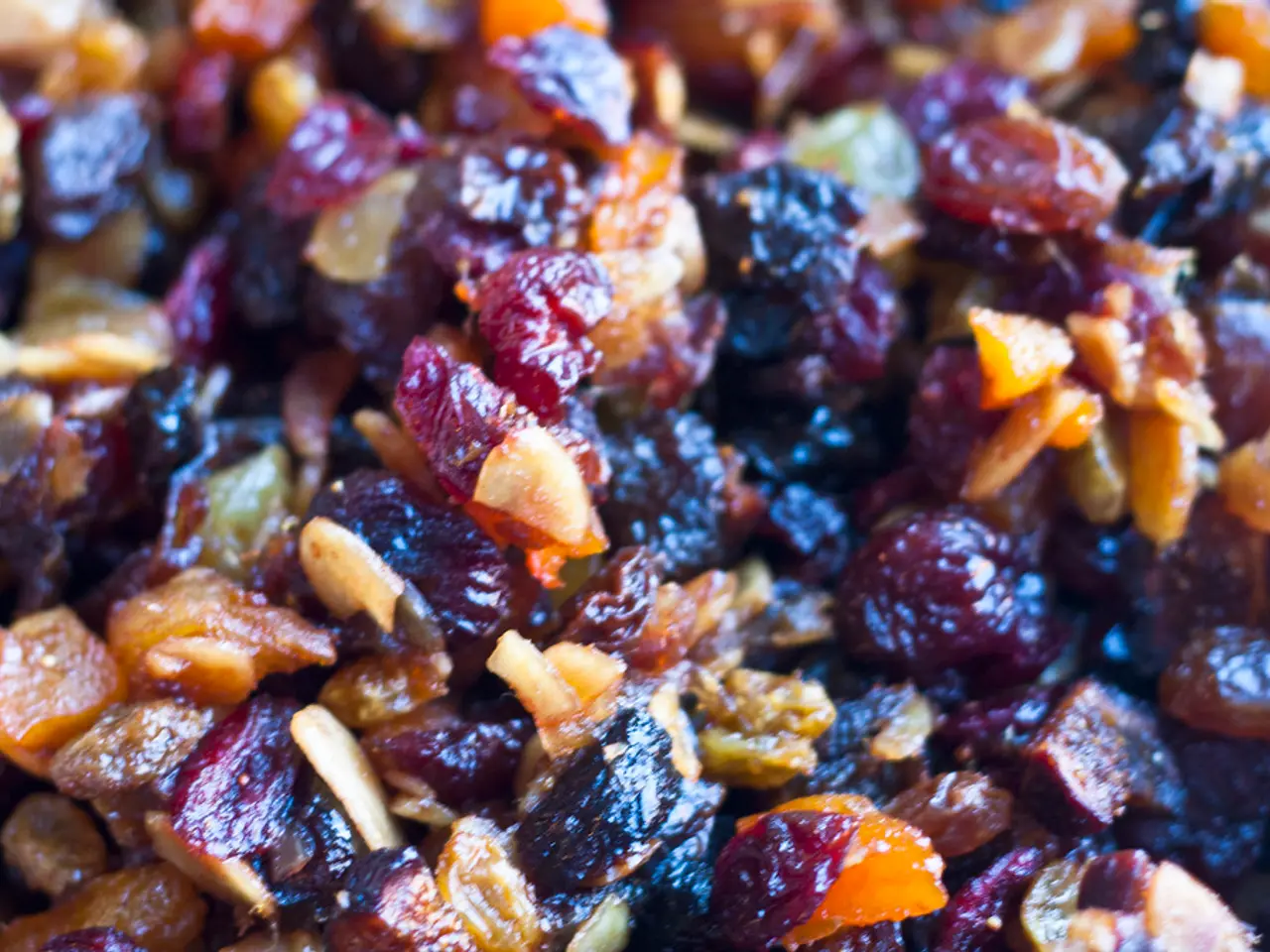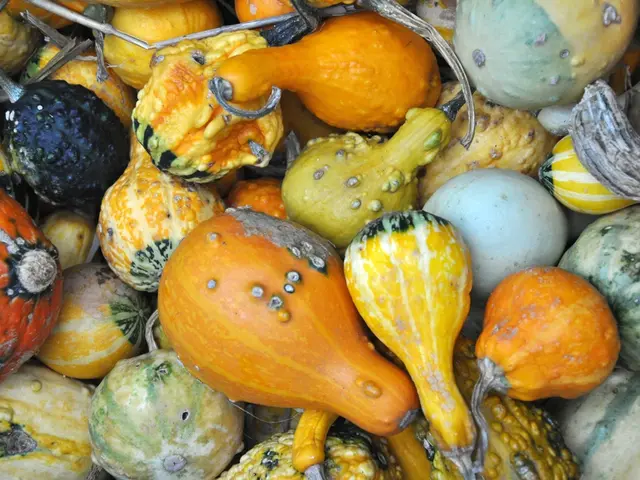Connection between Gluten and Rosacea: Facts and Further Insights
Rosacea, a common skin condition characterised by redness, visible blood vessels, and acne-like breakouts, has been linked to changes in the immune, nervous, and vascular systems. However, the exact cause of rosacea remains unclear. One area of interest is the connection between rosacea and gluten, a protein found in wheat, barley, and rye.
Research suggests that there is little evidence to support gluten as a common trigger for rosacea. However, there is evidence to show that rosacea can increase the risk of celiac disease, a condition characterised by an intolerance to gluten. This connection has led to the suggestion that a gluten-free diet may help some individuals with rosacea, particularly those who have an underlying gluten intolerance or celiac disease.
The link between gluten intolerance and rosacea is supported by shared genetic risks and inflammatory pathways between the two conditions. Anecdotal clinical reports indicate that some people with both celiac disease and rosacea experience symptom improvement or clearance of rosacea symptoms after adopting a strict gluten-free diet. However, it's important to note that not all rosacea patients have gluten intolerance, and the combination of both conditions appears to be relatively rare.
Achieving and maintaining a truly gluten-free diet is challenging and requires strict adherence for at least two months to assess potential benefits for rosacea. It's also worth noting that rosacea is linked to other gut health conditions, suggesting that diet and gut health modifications, including gluten avoidance in sensitive individuals, may be beneficial.
However, it's important to stress that there are no standardized clinical guidelines recommending a gluten-free diet for all rosacea patients. Gluten intolerance should ideally be diagnosed through appropriate testing before long-term dietary changes. Other dietary triggers, such as dairy, alcohol, spicy foods, and certain fruits and chocolate, also contribute to rosacea. A holistic approach is crucial when managing rosacea.
In summary, a gluten-free diet can be recommended as a therapeutic trial in rosacea patients who either have diagnosed gluten intolerance or suspect gluten as a trigger, with clinical monitoring of symptom response over a few months. For patients without evidence of gluten intolerance, routine gluten restriction for rosacea management is not currently supported by strong clinical evidence and should be considered on a case-by-case basis. Diagnostic testing and consultation with healthcare providers are advised before implementing such dietary changes.
Triggers for rosacea may vary for different people, so it's best to work alongside a healthcare professional to identify the best diet for each individual and help prevent nutritional deficiencies. The digestive tract and the skin are closely linked, which may explain the connection between gluten intolerance and rosacea.
In addition to a gluten-free diet, the American Academy of Dermatology Association recommends several lifestyle changes to manage rosacea, including protecting the skin from the sun, reducing stress, avoiding overheating, staying cool when exercising, protecting the skin from the wind and cold, limiting or avoiding spicy food, limiting or avoiding alcohol (particularly red wine), using skin care products that do not irritate the skin, and working alongside a dermatologist to create a personalized rosacea treatment plan.
Reducing sugar intake may also help manage rosacea, as research has found a link between high blood sugar levels and rosacea. Females with rosacea may have an increased risk of celiac disease. Genetic, environmental, and immune system factors contribute to both celiac disease and rosacea. A 2023 review found that rosacea increases the risk of celiac disease, and both conditions share similar genetic risk factors.
If you suspect that gluten may be affecting your rosacea, you may want to try cutting out gluten and monitoring symptoms to see if there is an improvement. However, it's always best to consult with a healthcare professional before making any significant dietary changes.
- The link between rosacea and gluten, a protein found in wheat, barley, and rye, has been investigated due to its potential role as a trigger.
- There's a suggestion that a gluten-free diet may help some individuals with rosacea, particularly those with an underlying gluten intolerance or celiac disease.
- Research supports the connection between gluten intolerance and rosacea, citing shared genetic risks and inflammatory pathways between the two conditions.
- Achieving and maintaining a gluten-free diet is challenging, and it requires strict adherence for at least two months to assess potential benefits for rosacea.
- A gluten-free diet may be recommended as a therapeutic trial in rosacea patients who either have diagnosed gluten intolerance or suspect gluten as a trigger, under clinical monitoring.
- The American Academy of Dermatology Association recommends several lifestyle changes, including skin care, nutritional considerations, and fitness and exercise modifications, for managing rosacea.
- Females with rosacea may have an increased risk of celiac disease, a chronic disease characterized by an intolerance to gluten, as both conditions share similar genetic risk factors.




